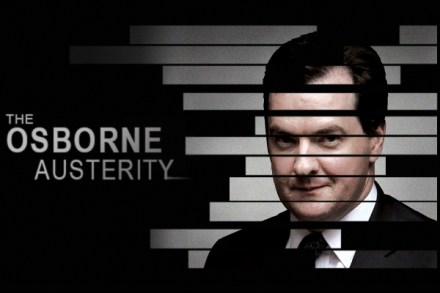Portrait of the week | 2 April 2015
Home The nation greeted with well disguised enthusiasm the beginning of the general election campaign after the dissolution of parliament. David Cameron, the Prime Minister, stood at a little plywood lectern in Downing Street and said: ‘In 38 days you face a stark choice’ — between him and Ed Miliband, the leader of the Labour party. The Conservatives said they would create two million jobs in the next parliament. Their claims that Labour’s plans would cost each household £3,028 extra in taxes were met with baffled scepticism by the Institute for Fiscal Studies. Some business leaders indignantly rejected Labour’s claims on a poster that they supported the party’s opposition to




















